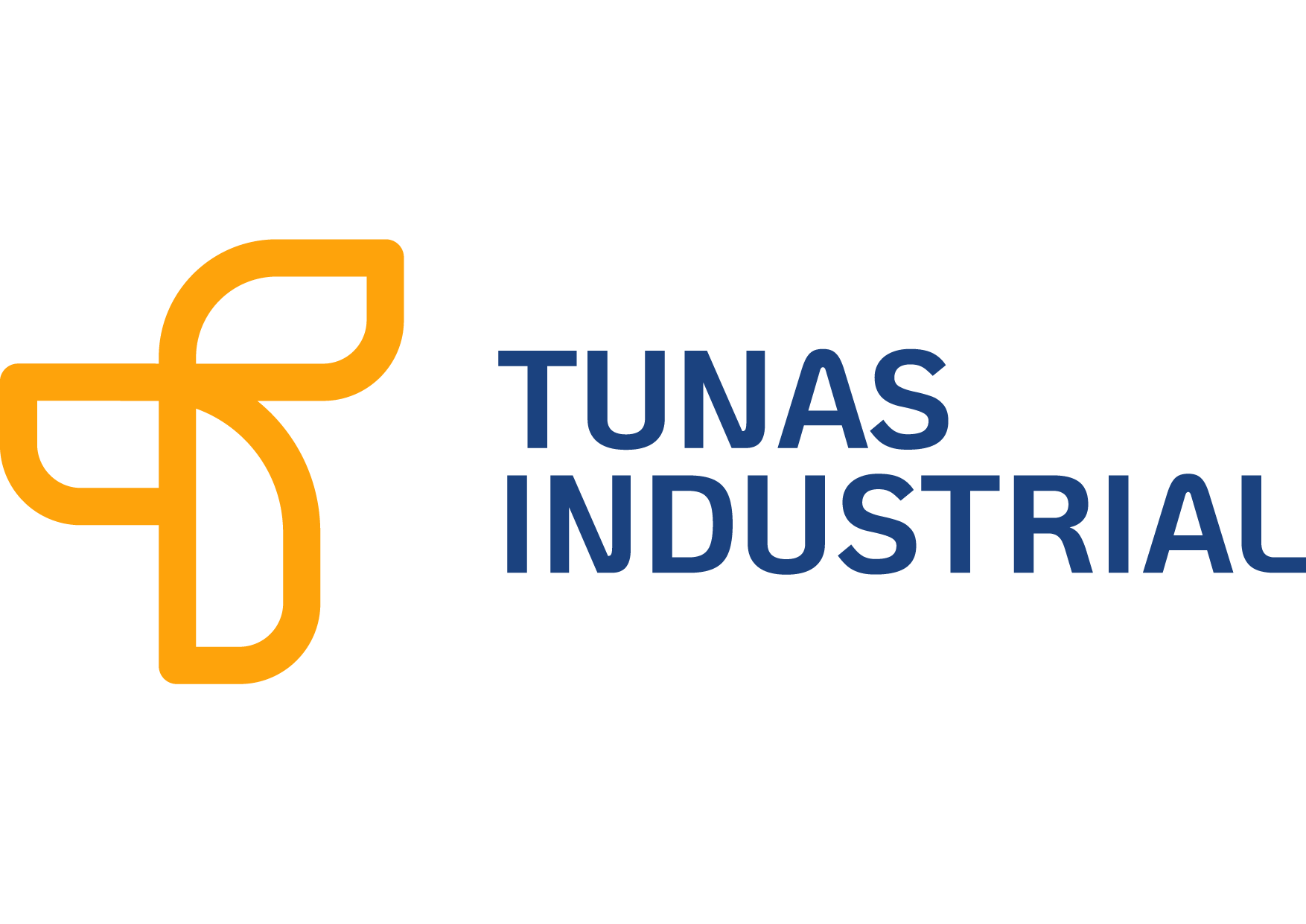JAKARTA, June 4, 2025 — As the world accelerates toward green technologies and digital transformation, the demand for critical minerals—including tin—has reached unprecedented levels. Tin, often overshadowed by more publicized materials, is essential for electronics, energy storage, and emerging innovations like electric vehicles and smart infrastructure. Indonesia, the world’s second-largest tin producer, stands at the forefront of this global shift.
Indonesia’s tin industry continues to play a pivotal role in the global critical minerals race, underpinning the world’s shift to green technologies and digital economies. Tin is vital for electronics, batteries, and renewable energy, with global demand projected to grow at a CAGR of 2.5–3.0% through 2030 (ITA, 2023).

On Day 2 of the Indonesia Critical Minerals Conference & Expo (ICM) 2025, Tunas’s Head of Business Development, Chrispin Andereas, had the privilege of joining a panel discussion on the role of Southeast Asia’s tin industry in the Belt and Road Initiative. He highlighted how Batam, as a Free Trade Zone with a mature electronics manufacturing ecosystem and close proximity to Indonesia’s tin-rich Bangka region, is well positioned to support the downstreaming of tin into high-value applications. Tin-based materials are increasingly essential in semiconductors, AI computing hardware, and data centers—and Batam offers a unique platform to bridge tin resource processing with global electronics supply chains.
As critical minerals drive the global green economy, Indonesia’s tin sector stands ready to lead with the right investments in ESG, innovation, and infrastructure. Tunas Industrial is dedicated to fostering integrated mineral processing and value-added industries, strengthening communities, and driving sustainable economic growth through strategic partnerships and responsible practices.

